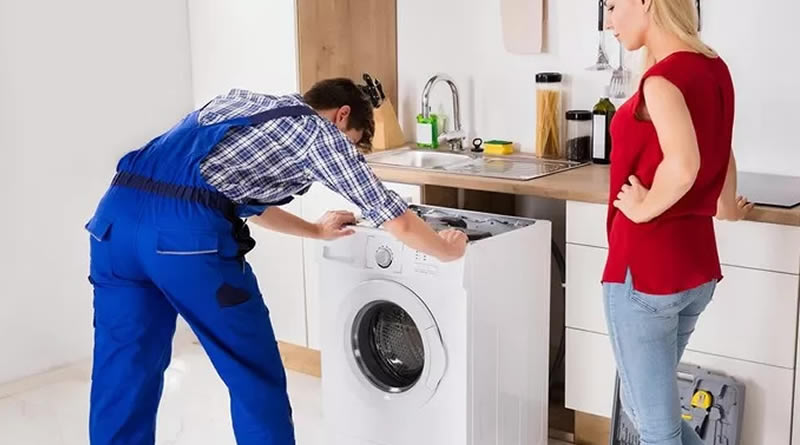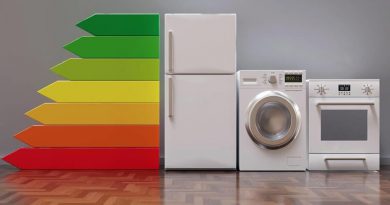How long is the life of household appliances and how can we extend it?
Household appliances are essential for our daily routines, providing convenience and efficiency in our homes. However, like any other machines, they have a limited lifespan. In this article, we will explore the average lifespan of common household appliances and share some tips on how you can extend their longevity, saving you time and money in the long run.
Refrigerator
Refrigerators are one of the most used appliances in our homes, keeping our food fresh and safe. On average, a well-maintained refrigerator can last between 10 to 15 years. However, several factors can affect its lifespan:
- Proper Cleaning and Maintenance: Regularly clean the condenser coils, remove food debris, and defrost when necessary. This helps the refrigerator run efficiently and reduces strain on its components.
- Temperature Settings: Set the refrigerator to the recommended temperature, usually between 35 to 38 degrees Fahrenheit (2 to 3 degrees Celsius) for the fridge compartment and 0 degrees Fahrenheit (-18 degrees Celsius) for the freezer compartment.
- Avoid Overloading: Do not overload the refrigerator with excessive items, as it can impact its cooling performance and strain the motor.
Washing Machine
Washing machines are another essential appliance in our homes, handling our laundry needs. The average lifespan of a washing machine is around 10 to 12 years. To maximize its lifespan, consider the following:
- Balanced Loads: Avoid overloading the washing machine with too many clothes, as it can put a strain on the motor and drum. Distribute the load evenly for optimal performance.
- Regular Maintenance: Clean the detergent dispenser, drum, and rubber seal to prevent the buildup of residue, mold, or mildew. Use the appropriate cleaning products recommended by the manufacturer.
- Leveling and Stability: Ensure that the washing machine is properly leveled to prevent excessive vibrations during the spin cycle. Adjust the leveling feet if necessary.
Oven
Ovens are vital for cooking and baking, and their lifespan can vary depending on the type and usage. On average, a well-maintained oven can last between 10 to 15 years. Consider the following tips to extend its lifespan:
- Proper Cleaning: Regularly clean the oven to remove food spills and grease. Use mild cleaning solutions and avoid abrasive materials that can damage the oven’s interior.
- Avoid Self-Cleaning Excessively: While self-cleaning features can be convenient, excessive use can put a strain on the oven’s components. Follow the manufacturer’s recommendations for self-cleaning cycles.
- Timely Repairs: Address any issues promptly. Ignoring problems can lead to further damage and shorten the oven’s lifespan. If you’re not confident in your repair skills, consult a professional technician.
It’s important to note that these are general guidelines, and individual circumstances may vary. Factors such as usage patterns, maintenance practices, and the quality of the appliance can influence its lifespan. Regularly referring to the manufacturer’s manual and following their recommendations can also help ensure the longevity of your appliances.
By understanding the average lifespan of household appliances and implementing proper maintenance practices, you can extend their usability and avoid premature replacements. Taking care of your appliances not only saves you money but also contributes to a more sustainable and efficient home environment.




